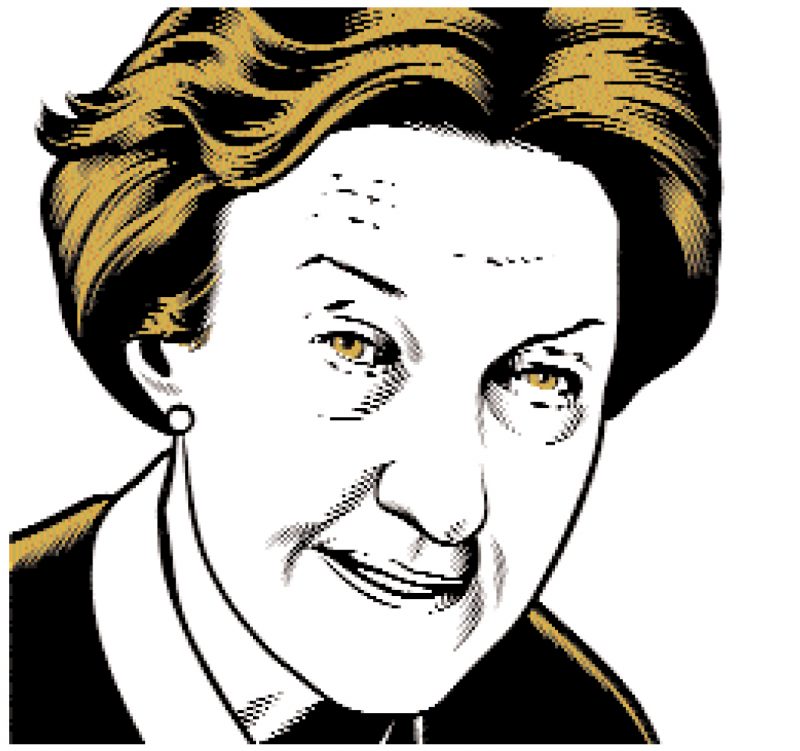Shirley Hazzard was born in Sydney in 1931 and she left Australia in 1947. She has since lived in Hong Kong, New Zealand, Britain, and France. Now an American citizen, she divides her time between Italy and New York.
Between the years 1952 and 1962 Hazzard worked in the United Nations as a clerical employee, an experience which led her to write not only People in Glass Houses (1967), a satirical collection of character sketches, but also Defeat of an Ideal (1973), a nonfiction book which detailed the weakness of the UN, and Countenance of Truth (1990), about the United Nations and the Kurt Waldheim case. She is also the author of the nonfiction books Coming of Age in Australia (1985) and Greene on Capri (2001).
It’s fiction for which Hazzard is best known. She is the author of the short story collection Cliffs of Fall (1963), and the novels The Evening of the Holiday (1966), The Bay of Noon (1970), The Transit of Venus (1980), and The Great Fire (2003). She was awarded the National Book Critics’ Circle Award for Fiction in 1980 for The Transit of Venus; last year, The Great Fire earned her the National Book Award.
Many have compared Hazzard to Henry James, perhaps because like James, Hazzard peppers her novels with clues for the astute reader. In The Transit of Venus, it’s left to the reader to piece together the circumstances of Ted Tice’s suicide. Throughout The Great Fire, repeated references are made to a thick book Aldred Leith is reading, but Hazzard leaves it to the reader to deduce that it’s War and Peace. And indeed, Hazzard herself—in her treatment of love and war and the burden of history—is perhaps the closest thing we have to Tolstoy.
This interview took place shortly after Shirley Hazzard won the National Book Award. We met on a snowy afternoon in the Manhattan apartment she shared for many years with her late husband, the translator and biographer Francis Steegmuller.
—Vendela Vida
I. “THE ONLY CARD I HAD TO PLAY WAS LITERATURE.”
THE BELIEVER: In Greene on Capri, you recount how you started a friendship with Graham Greene essentially through poetry. He and a friend were sitting at a table next to yours at a café in Capri. Greene was reciting a Robert Browning poem, “The Lost Mistress,” but he couldn’t recall the last line. As you left the café, you recited the elusive line of the poem to him. In The Great Fire, the...
You have reached your article limit
Sign up for a digital subscription and continue reading all new issues, plus our entire archives, for just $1.50/month.
Already a subscriber? Sign in





